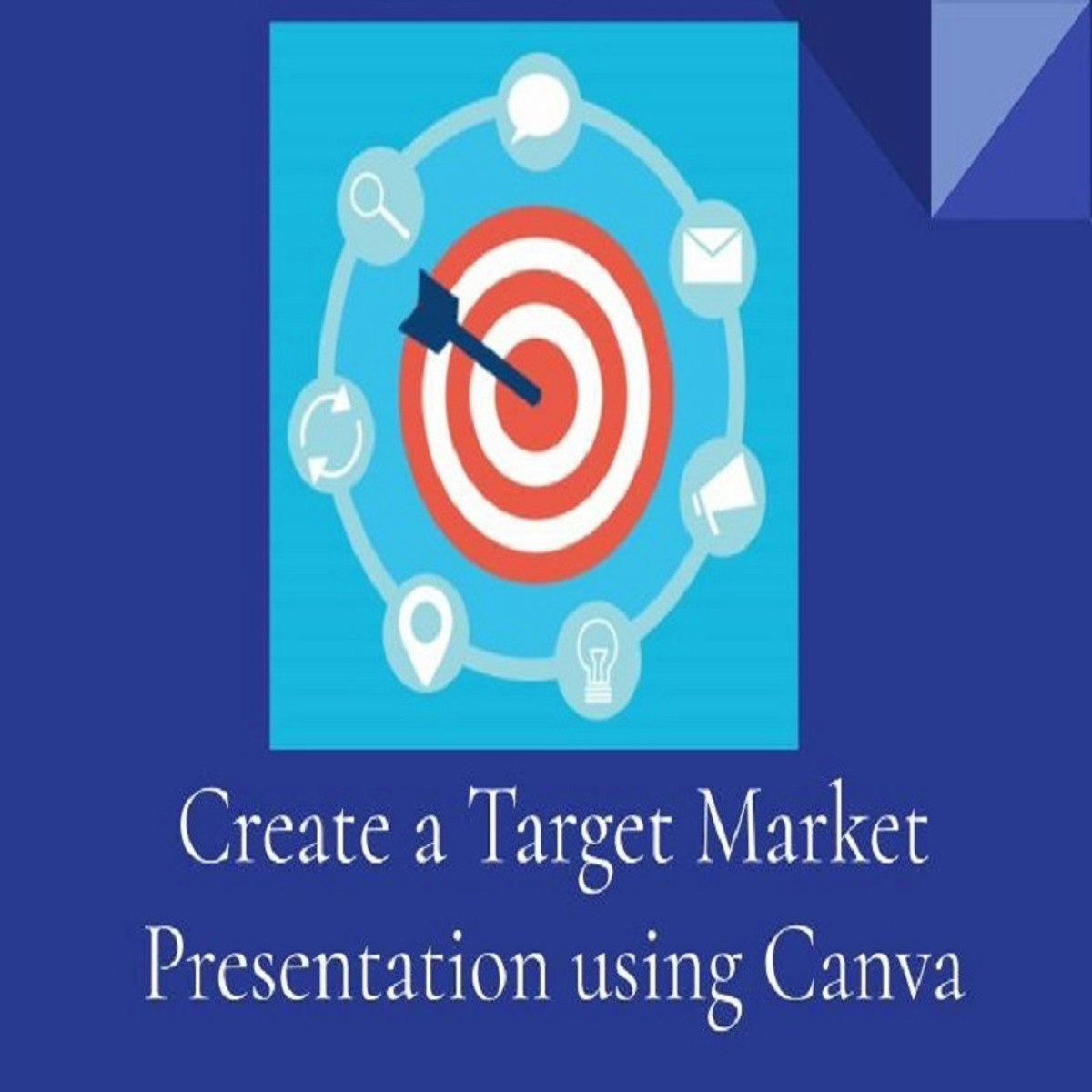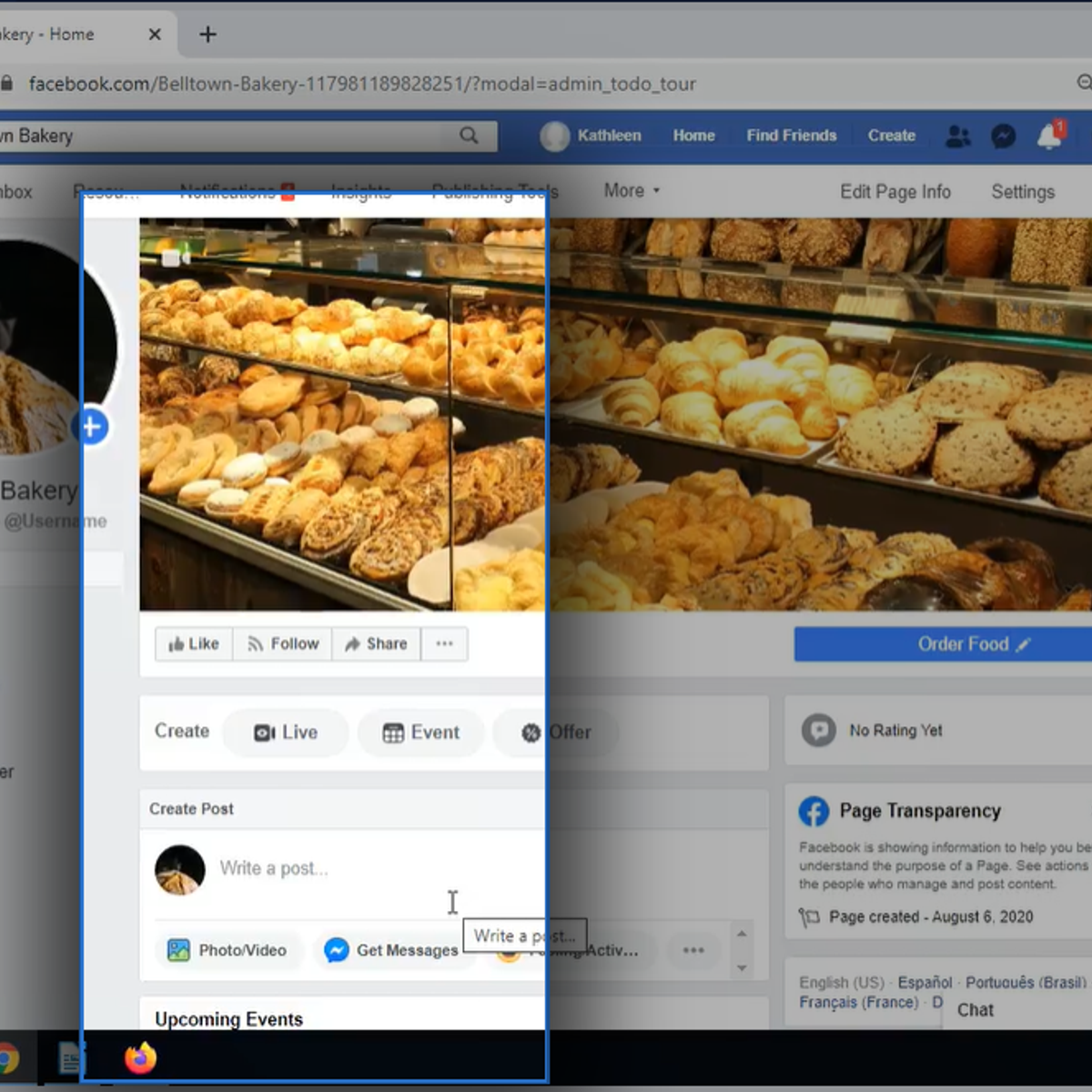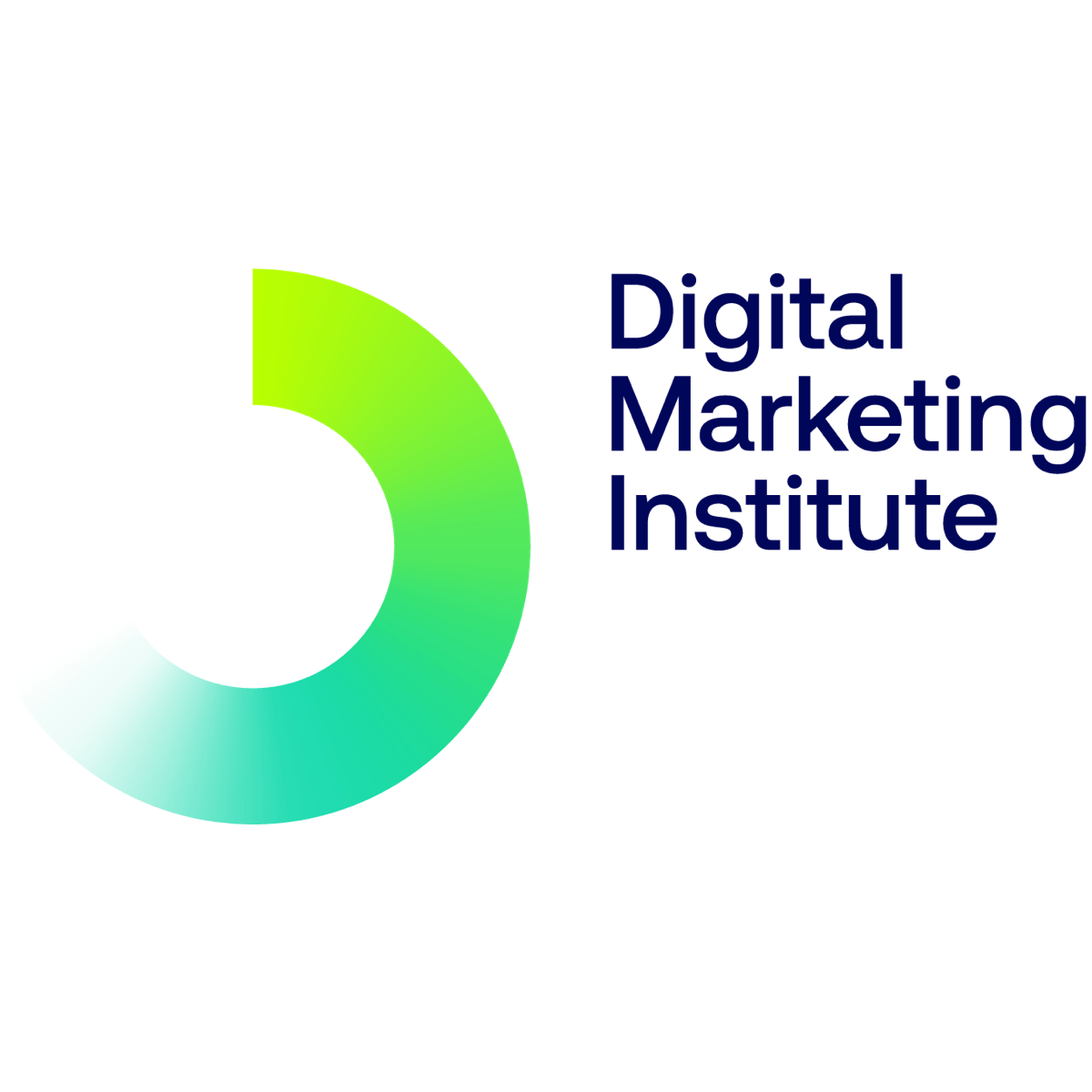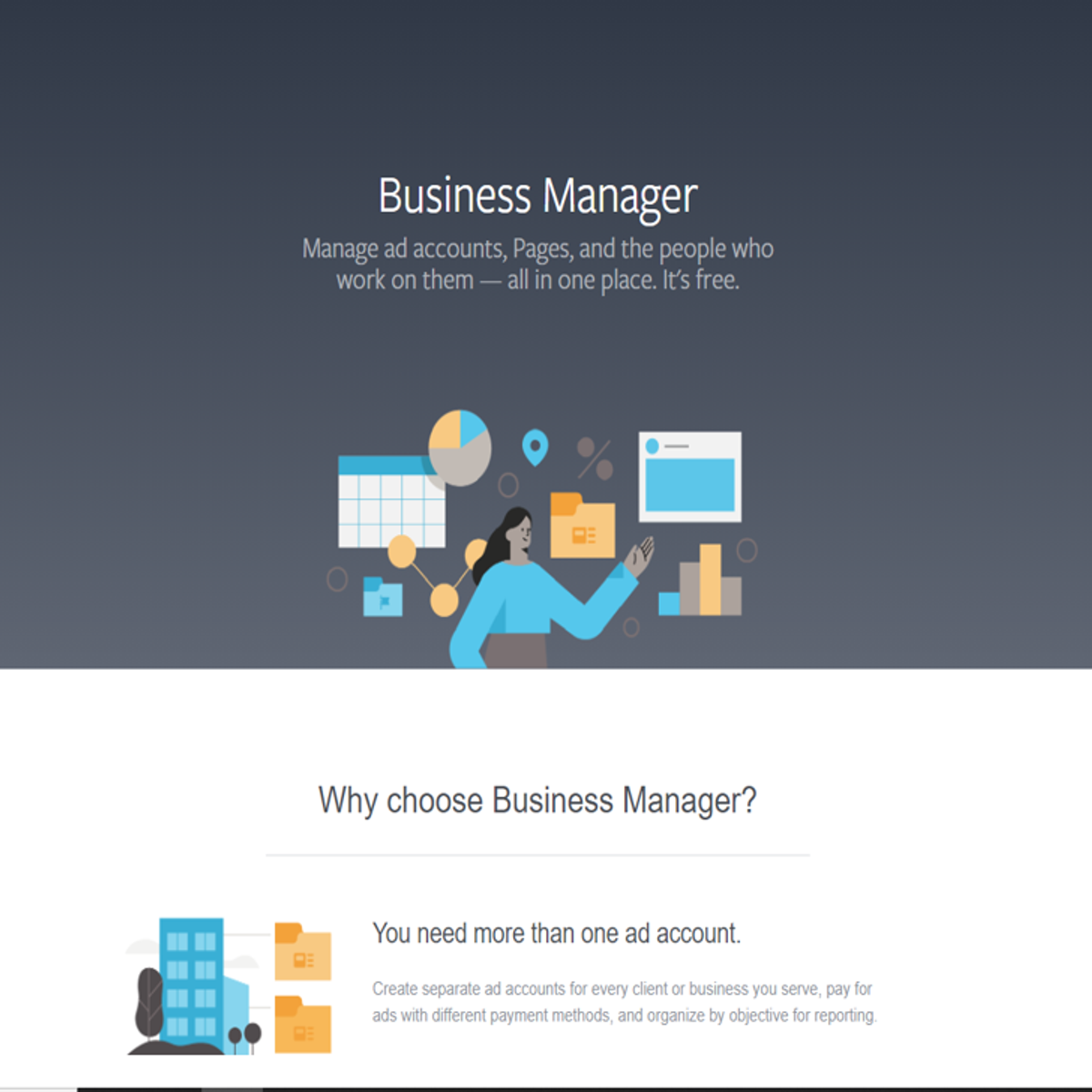Back to Courses









Marketing Courses - Page 28
Showing results 271-280 of 479

Create a Target Market Presentation using Canva
In this 1-hour long project-based course, you will learn how to create a customizable target market presentation by applying design tools, building out graphics, and learning how to create custom colors.
Note: This course works best for learners who are based in the North America region. We’re currently working on providing the same experience in other regions.

Building a Business Presence With Facebook Marketing
By the end of this project-based course, you will understand the basics of applying Digital Marketing on Facebook. The course will walk you through setting up digital marketing for a fictitious company, the Belltown Bakery in downtown Seattle. The course begins with setting up a fictitious business page on Facebook. You will then learn how to navigate your Facebook account, including setting up advertisements. You will then learn how to post content and boost a post. We will then cover tools available to engage with Facebook users and grow your audience on Facebook.

Getting Started with Facebook Pixel
In this 1 hour long project, you will create a Facebook Pixel, learn various integration methods, create a custom audience using Facebook Pixel and then learn about creating Facebook ads using the Facebook Pixel. You will also learn about the application of Pixel in Facebook marketing, especially in Retargeting. We will explore manual & partner integrations in detail. I will also show you a demo on how to integrate Pixel with Wix. In the final tasks, we will create a custom audience & Facebook ads using Pixel. In this project, you will learn everything you need to know in order to get started with Facebook Pixel. By the end of this project, you will be confident in working with Facebook Pixel.

Analysis and Interpretation of Data
This course focuses on the analysis and interpretation of data. The focus will be placed on data preparation and description and quantitative and qualitative data analysis. The course commences with a discussion of data preparation, scale internal consistency, appropriate data analysis and the Pearson correlation. We will look at statistics that can be used to investigate relationships and discuss statistics for investigating relationships with a focus on multiple regression. The course continues with a focus on logistic regression, exploratory factor analysis and the outcome of factor analysis. We are going to explore how to conduct an experiment and an observational study, as well as content analysis and the use of digital analytics in market research. The course ends with a consideration of digital analytics, with an emphasis on digital brand analysis, audience analysis, digital ecosystem analysis, Return on Investment (ROI), and the role of digital analytics in market research.

Create a Job-Specific Resume using LibreOffice
In this 2-hour long project-based course, you will learn the basic parts of a resume and how to customize a resume template in LibreOffice, identify and list your hard skills and soft skills, write a resume summary including your identified hard and soft skills in LibreOffice, review a job listing of your choice and identify the required hard and soft skills, and tailor your resume summary to reflect hard and soft skills in the chosen job listing
Note: This course works best for learners who are based in the North American region. We’re currently working on providing the same experience in other regions.

Digital Channel Planning and E-Commerce Strategy
Digital Marketing Institute is the global standard in Digital Marketing Certification. Our mission is to give our students the confidence and knowledge they need to advance in their careers through this specialization.
Research shows that retail customers switch channels during their purchase-decision journey. Many of us research products online at home, or on-the-go using a mobile device, while checking online reviews and comparing prices. The final decision to purchase may happen online, or in a traditional brick-and-mortar store. Omnichannel marketing is a response to modern buying habits, providing consumers with a consistent brand experience across all touchpoints, whether traditional or digital. If you want to understand how marketers plan campaigns to reach consumers at every possible point of contact and how effective digital strategies can help businesses grow and thrive today, this course will help you do so.
You will learn about cross-media planning and the digital channel mix before diving deeper into topics including digital channel planning, and inbound and outbound channel strategy. After completing this course, you will be able to: -
• Use best practices to create an omnichannel marketing strategy with a unified message, voice, and brand and a seamless customer experience
• Demonstrate an understanding of the key tactics and strategies associated with inbound channels including social media marketing, content marketing, search engine marketing, and email marketing
• Demonstrate an understanding of the key tactics and strategies associated with outbound channels including digital display, video, and YouTube advertising
This course also covers the critical topic of e-commerce and how to develop an effective e-commerce and social customer service strategy that delivers real value for customers. This is the second course in the Digital Marketing Institute’s Digital Strategy specialization.
On completion of all courses in your Specialization, you will also be awarded a Digital Marketing Institute Certified Digital Marketing Associate certification, along with three months of free Power Membership, allowing you to boost your career and unlock your next opportunity. 92% of DMI members have said their courses have had a positive impact on their careers, while 88% are now working at senior or manager level.

How to use influencer marketing to grow instagram business
In this project, you will learn how to grow up your business through building a powerful marketing strategy, select the right influencers, and learn how to create a useful content to share it with the marketing influencers.

Build your business brand using Canva
In this guided project we will learn about how you can define your business brand and how you can use the Canva platform to do so. Canva is a graphic design web platform where we can create any type of material we need, from social media posts, brand kits, summaries, among many other things. Canva offers a number of tools for creating content from elements, text sources, video and audio.
Canvas is a great option for those looking for an easy-to-use platform to create presentations for corporate, school and college classes. Canva has many elements that are free and gives you a lot of freedom when it comes to designing. It is an extremely useful tool for those just starting out and it even becomes a very good tool for those who have been designing more advanced programs for years. It is a quick option that does not need to be installed on your computer and as long as you have an Internet connection, it will be an accessible tool. Additionally, it offers a number of templates that facilitate the creative process and a presentation platform where you can use any medium, from images to videos.

Introduction to Data Analytics
This course equips you with a practical understanding and a framework to guide the execution of basic analytics tasks such as pulling, cleaning, manipulating and analyzing data by introducing you to the OSEMN cycle for analytics projects. You’ll learn to perform data analytics tasks using spreadsheet and SQL queries. You will also be introduced to using the Python programming language to manipulate datasets as an alternative to spreadsheets. You will learn foundational programming concepts and how they apply to marketing. You will also learn how to use Tableau to create data visualizations and dashboards.
By the end of this course, you will be able to:
• State business goals, KPIs and associated metrics
• Apply a Data Analysis Process: OSEMN
• Identify and define the relevant data to be collected for marketing
• Compare and contrast the different formats and use cases of different kinds of data
• Identify gaps in data collected and describe the strengths and weaknesses
• Demonstrate proficiency in Python with variables, control flow, loops, and basic data structures
• Sort, query and structure data in spreadsheets and with Python libraries
• Write basic SQL statements to select, group and filter data
• Visualize data patterns and trends with spreadsheets
• Utilize Tableau to visualize data patterns and trends
This course is designed for people who want to learn the basics of data analytics including using spreadsheets and Python to sort and structure data and using Tableau to visualize data patterns.
Learners don't need marketing or data analysis experience, but should have basic internet navigation skills and be eager to participate. Learners also need access to a computer with strong internet connection. Ideally learners have already completed course 1 (Marketing Analytics Foundation) in this program.

How to Create a Facebook Business Manager Account
By the end of this project, learners will have an understanding about all the features in Facebook Business Manager. Also, using a hands-on approach, learners will create a Facebook Business Manager account. Facebook Manager is a central hub for managing numerous aspects of a business with a Facebook presence. According to Facebook, “Business Manager allows advertisers to manage their marketing efforts in one place and share access to assets across their team, partner agencies and vendors.”
Note: This course works best for learners who are based in the North America region. We’re currently working on providing the same experience in other regions.
Popular Internships and Jobs by Categories
Find Jobs & Internships
Browse
© 2024 BoostGrad | All rights reserved